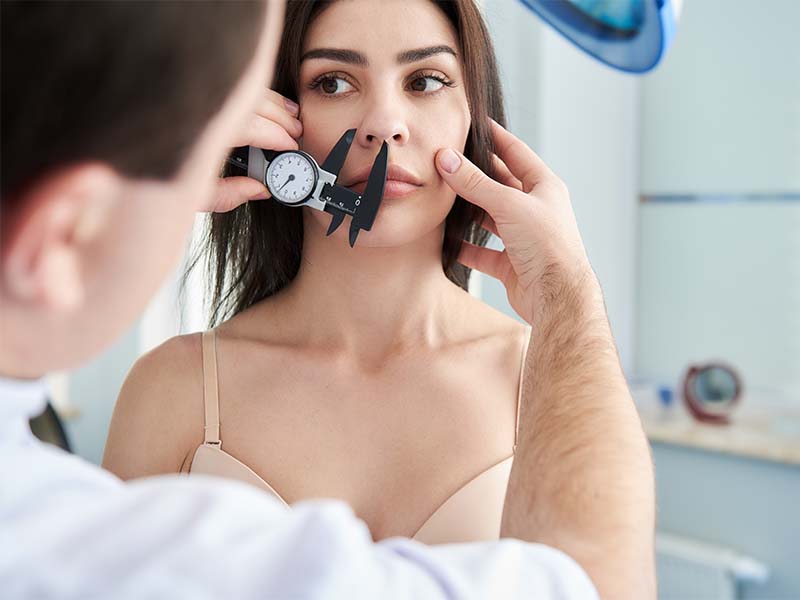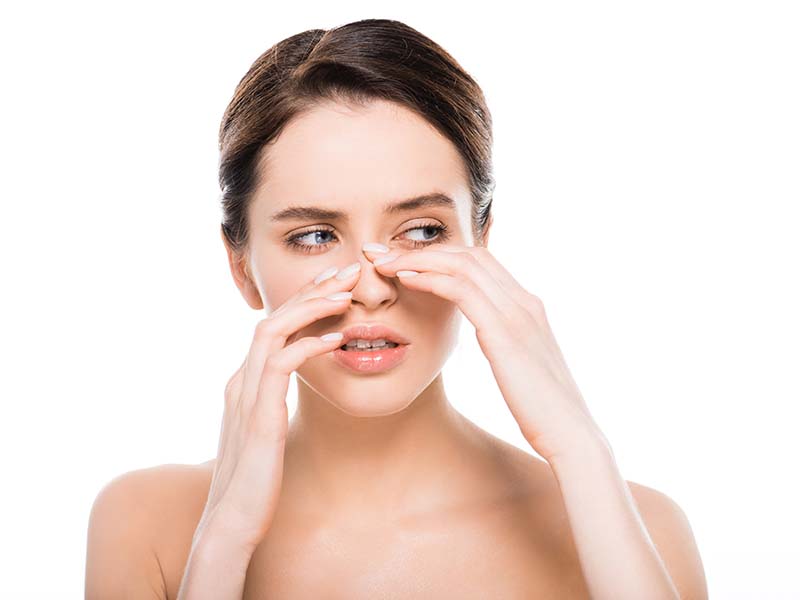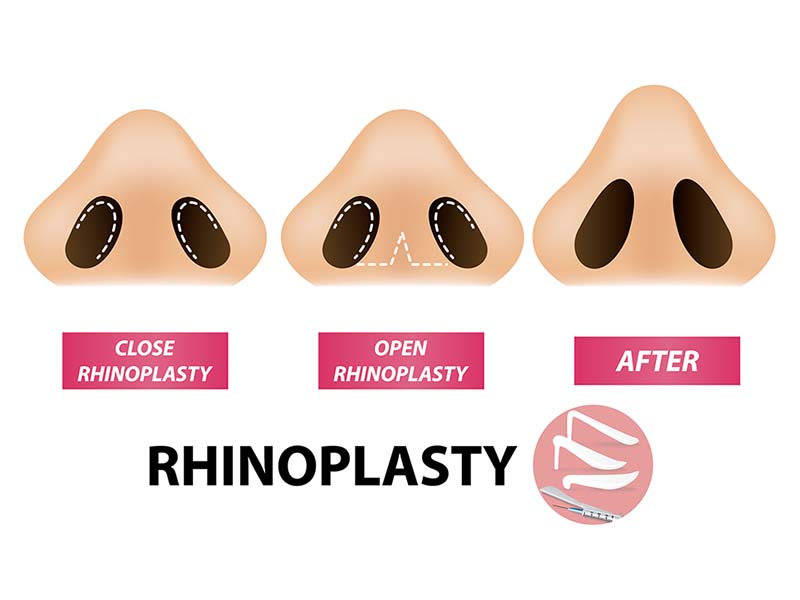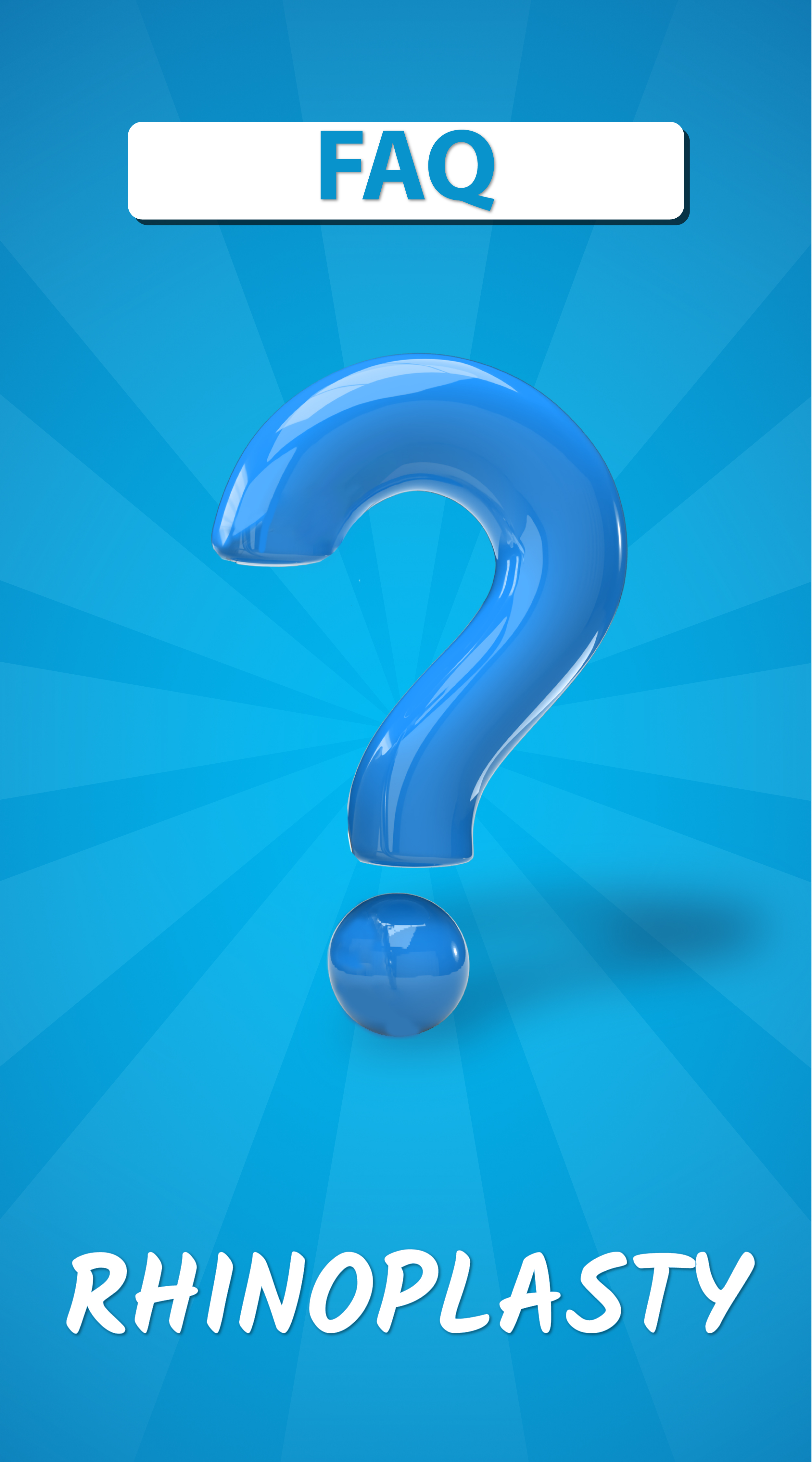Rhinoplasty, also known as "nose job" is a delicate surgery that enhances the facial harmony and aesthetic of your nose by modifying the bone or cartilage. It can also be done in order to improve breathing and its one of the most common and effective types of plastic surgery.
Even though it sounds like one standard procedure, it is essential to communicate with your doctor to help shape your personalized treatment plan and to achieve the desired shape.
During this planning process your doctor will consider your overall health and your other facial features such as; skin on your nose, position of the chin or jaw.




-022.jpg)